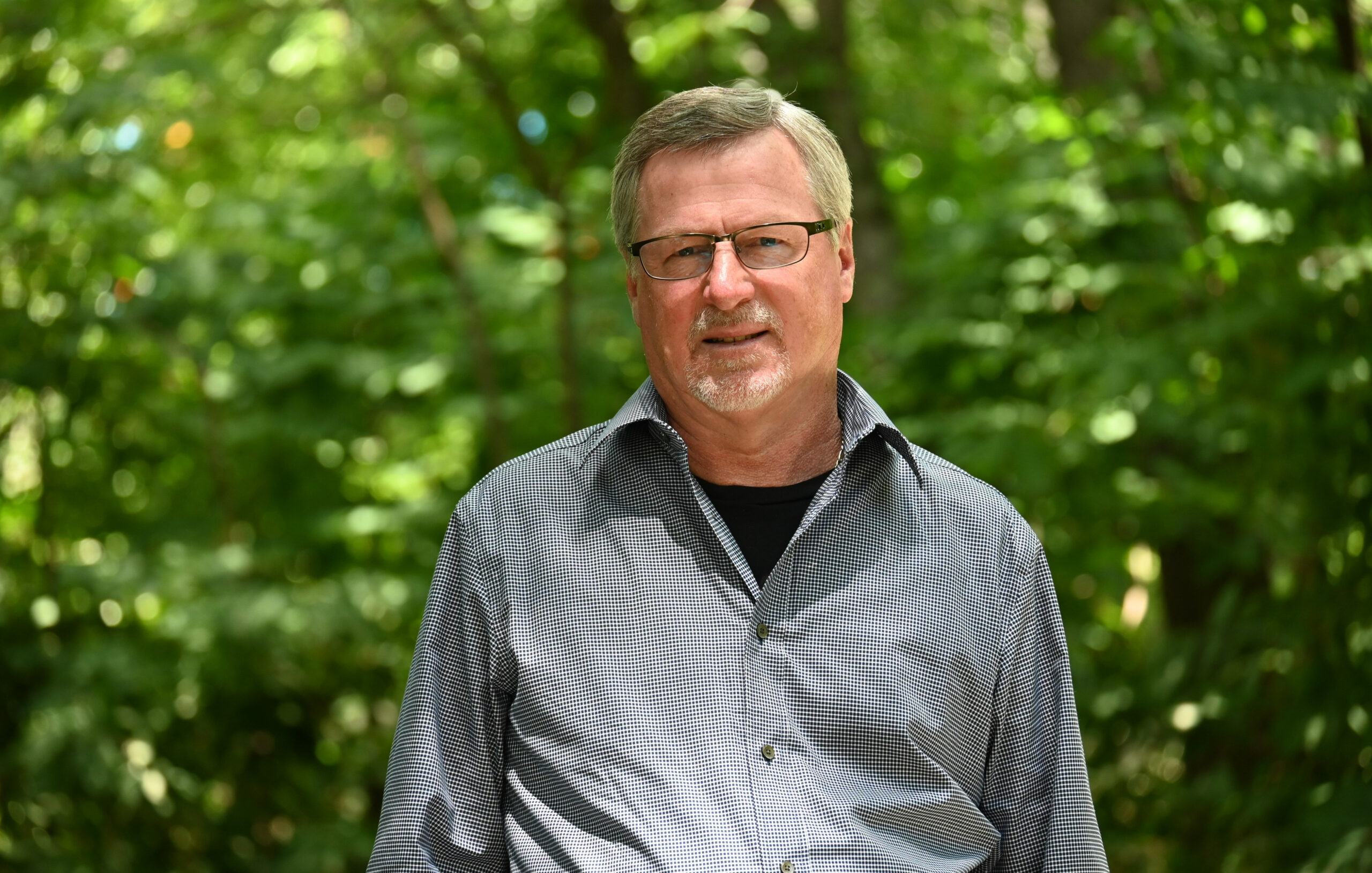Kansas City, KS — An Overland Park grassroots advocacy group can speak freely about issues and candidates without fear of being regulated as a political committee, a federal court ruled late Friday.
In a victory for political speech rights, the U.S. District Court for the District of Kansas ruled that state officials cannot regulate grassroots issue advocacy organizations as political committees merely because they occasionally engage in campaign-related speech. The decision protects Fresh Vision OP, a local nonprofit that advocates for responsible development and quality of life issues in Overland Park, from burdensome political committee regulations.
Attorneys for the Institute for Free Speech and local counsel Josh Ney and Ryan Kriegshauser filed the suit after state officials demanded Fresh Vision register as a political committee and disclose its donors in the wake of Fresh Vision’s 2021 endorsement of a mayoral candidate. The group suspended operations rather than submit to onerous regulations designed for campaign organizations. Under Kansas law, political committees must file detailed financial reports and publicly identify their supporters, requirements designed for organizations focused on elections rather than community advocacy.
Judge Daniel D. Crabtree ruled that Supreme Court and Tenth Circuit precedents “require that a group have the major purpose—not simply a major purpose—of express advocacy before a state may designate the group as a political committee. But [the law’s] definition of a political committee impermissibly allows Kansas to designate Fresh Vision (a group with a major purpose of express advocacy but no more than that) as a political committee.”
The ruling converted the earlier temporary restraining order into a permanent injunction, preventing state officials from designating Fresh Vision as a political committee. This distinction between “the” major purpose and “a” major purpose ensures that issue advocacy groups that only occasionally engage in campaign speech cannot be subjected to the full weight of campaign finance regulations.
“This ruling protects citizens’ rights to speak about local issues without fear of being mired in complex campaign finance regulations,” said Institute for Free Speech Senior Attorney Charles “Chip” Miller. “Groups like Fresh Vision exist primarily to improve their communities through issue advocacy. The First Amendment doesn’t allow bureaucrats to use arcane regulations to burden these groups’ political speech rights simply because they sometimes express support for candidates who share their values.”
While the court declined to strike down the law entirely, its ruling establishes an important principle: Kansas cannot regulate issue advocacy groups as political committees unless campaign activity is their primary focus. The decision allows Fresh Vision to resume its community advocacy work without fear of inappropriate regulation.
To read the court’s full decision in the case, Fresh Vision OP, Inc. v. Skoglund, click here.
Additional resources:
- Temporary restraining order press release
- Original press release announcing the filing of the suit
- Our clients’ story
- Case page (including all case documents, as well as photos for media use)
About the Institute for Free Speech
The Institute for Free Speech promotes and defends the political speech rights to freely speak, assemble, publish, and petition the government guaranteed by the First Amendment.














